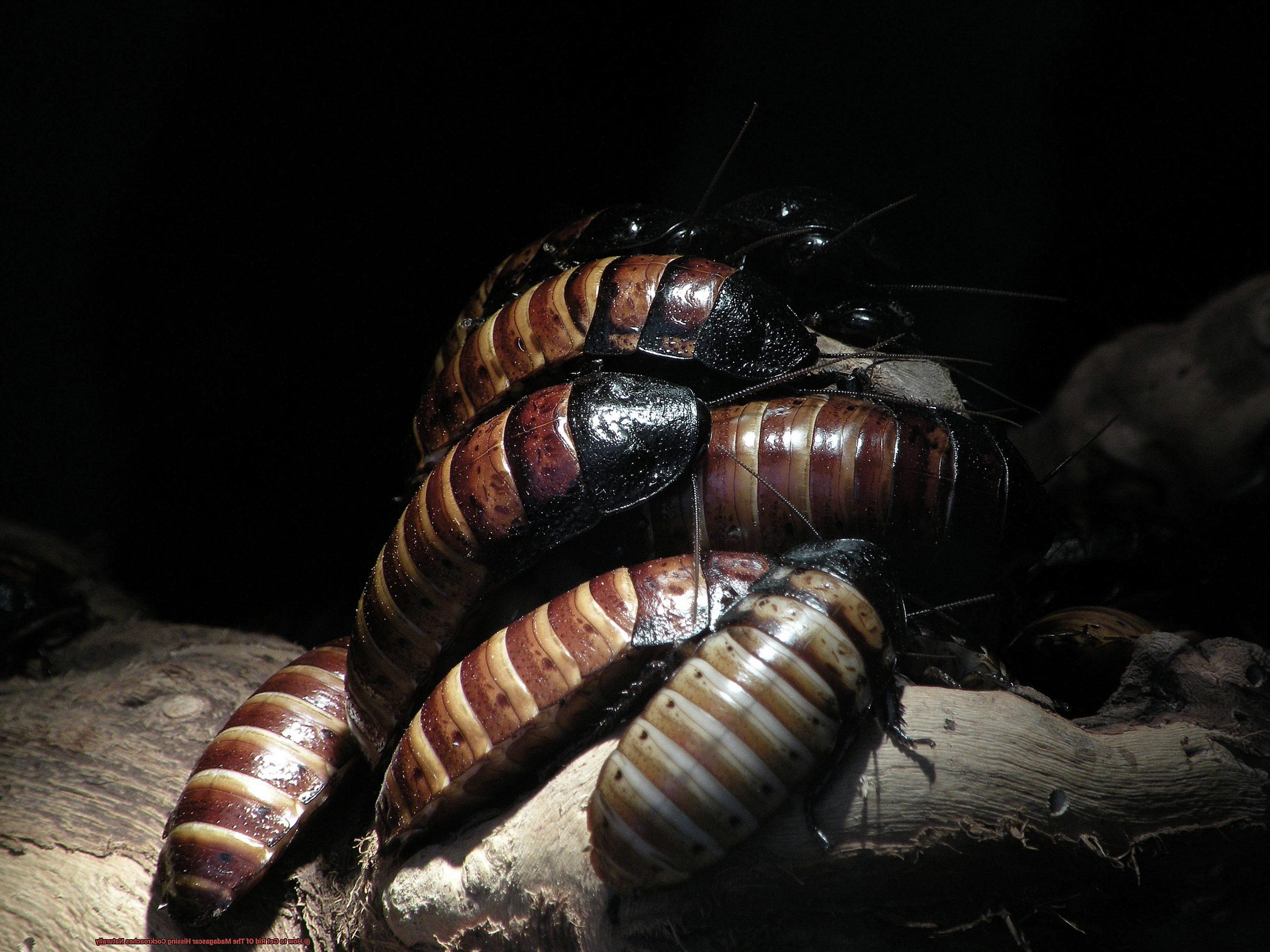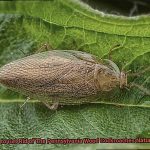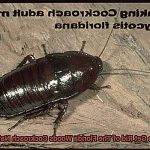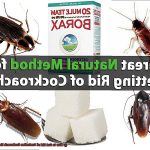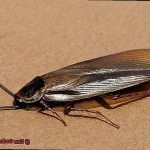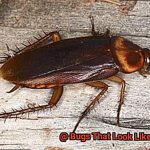Are you tired of the creepy crawlies that lurk around your home? Madagascar hissing cockroaches are one of the largest and most intimidating species of roaches out there. While they may not spread diseases like other roaches, they can still be a major inconvenience in your home. If you’re reading this, chances are you’re looking for natural ways to get rid of them without using harsh chemicals that could harm your loved ones or pets. Well, look no further.
Let’s start by discussing why these roaches are so difficult to eliminate. They’re resilient creatures that can survive without food and water for weeks on end and endure extreme temperatures. Plus, their rapid reproduction rate makes it challenging to eradicate an infestation.
But don’t worry, we’ve got you covered. In this article, we’ll explore top tips for natural treatments to get rid of Madagascar hissing cockroaches. We’ll cover everything from using diatomaceous earth and essential oils to sticky traps and natural predators like geckos.
In this article, you’ll have a better understanding of how to tackle these pesky invaders naturally and effectively. So say goodbye to those hissing cockroaches once and for all.
How to Get Rid Of The Madagascar Hissing Cockroaches Naturally
Contents
- 1 How to Get Rid Of The Madagascar Hissing Cockroaches Naturally
- 2 How to Apply Diatomaceous Earth for Maximum Effectiveness
- 3 Tips for Using Essential Oils to Control Cockroaches
- 4 Benefits of Keeping a Clean Home for Preventing Infestations
- 5 Potential Drawbacks of Natural Methods for Controlling Cockroaches
- 6 Conclusion
Using Diatomaceous Earth
Look no further than diatomaceous earth – a natural, non-toxic powder made from fossilized algae that can help eliminate these unwelcome critters.
The powder contains microscopic edges that can cut through the exoskeletons of insects, like cockroaches, leading to dehydration and death. It is important to only use food-grade diatomaceous earth for pest control as other types may contain harmful additives.
To use diatomaceous earth effectively, sprinkle a thin layer in areas where the cockroaches are likely to hide or travel, such as around baseboards, behind appliances, and in cracks and crevices. It’s also crucial to reapply the powder every few days or after it gets wet since it loses effectiveness when wet.
While diatomaceous earth is safe for humans and pets to ingest, it’s best to wear a mask when applying it as inhaling the fine powder can irritate the lungs. Furthermore, keep the powder away from areas where children and pets play as it can cause skin irritation if left on for prolonged periods.
In addition to diatomaceous earth, essential oils such as peppermint, eucalyptus, and tea tree oil have insecticidal properties that can repel and kill cockroaches. Keeping a clean and clutter-free home can also help prevent infestations.
Using natural methods like diatomaceous earth not only effectively controls and eliminates Madagascar hissing cockroach infestations but also prioritizes your family’s safety by avoiding toxic chemicals.
Utilizing Essential Oils
Look no further than the power of essential oils. These concentrated plant extracts have been used for centuries in traditional and alternative medicine, and their insecticidal properties make them an effective and natural way to repel and even kill cockroaches.
Peppermint oil, lavender oil, eucalyptus oil, tea tree oil, and citronella oil are among the most effective essential oils for repelling and killing cockroaches. Their strong odors are unpleasant and irritating to cockroaches, making them great repellents. High concentrations of these oils can also damage the nervous and respiratory systems of cockroaches, leading to their demise.
To utilize essential oils for cockroach control, simply create a spray by diluting the oil with water and applying it in areas where cockroaches are likely to hide – think cracks, crevices, baseboards, and cabinets. Alternatively, add a few drops of essential oil to a cotton ball or cloth and place it in areas where cockroaches are frequently seen.
It’s important to note that while essential oils are generally safe for humans and pets, they should still be used with caution. Some individuals may have allergic reactions or sensitivities to certain essential oils. It’s best to test a small area before using them extensively. And remember, essential oils should never be ingested or applied directly to the skin without proper dilution.
Keeping a Clean and Clutter-Free Home
One of the most effective natural methods to get rid of them is to keep a clean and clutter-free home. Cockroaches are attracted to dirty and cluttered environments, so maintaining a tidy living space is crucial in preventing their infestation.
Let’s start by doing a deep cleaning of your home. Pay special attention to areas where cockroaches are likely to hide, such as under appliances, inside cabinets, and behind furniture. Use a vacuum cleaner to remove any debris, dust or food crumbs that may attract cockroaches.
Eliminating sources of water is also key in preventing these pesky bugs from taking over your home. Cockroaches need water to survive, so make sure there are no leaks or excess moisture in your home. Fix any leaky pipes or faucets and dry out any damp areas immediately.
Decluttering your home is another essential step in getting rid of cockroaches. Remove any unnecessary items that may provide hiding places for these pests. Keep your kitchen counters clear of dirty dishes and food debris, and store your food in airtight containers to prevent cockroaches from accessing it.
Taking out the garbage regularly and keeping trash cans tightly sealed is also critical in preventing cockroach infestations. Remember that these critters can feed on organic waste in the trash, so it’s essential to dispose of it properly.
How to Apply Diatomaceous Earth for Maximum Effectiveness
These pests are not only unsightly, but they can also carry diseases and cause allergies. Luckily, diatomaceous earth (DE) can help you get rid of them naturally and effectively. Here’s how to apply DE for maximum effectiveness:
Step 1: Choose Food-Grade DE
When buying DE, make sure you choose food-grade DE. This type is safe for humans and pets to ingest, so you don’t have to worry about any harmful chemicals in your home. Plus, it’s eco-friendly.
Step 2: Identify the Areas Where Cockroaches Hide
Cockroaches love dark and damp places, such as cracks, crevices, and corners. Identify these areas and sprinkle a thin layer of DE using a duster or powder applicator. Be thorough but avoid making large piles that could deter the cockroaches from walking through it.
Step 3: Protect Yourself
DE is a fine powder that can irritate your skin and lungs when inhaled. To avoid any harm, wear gloves and a mask when handling it. You can even use safety goggles if you’re extra cautious.
Step 4: Avoid Over-Application
While DE is effective in killing insects, over-applying it can make it ineffective and may harm beneficial insects like bees and butterflies. Use a thin layer and reapply every few days or after rainfall to maintain its effectiveness.
Step 5: Combine with Other Natural Remedies
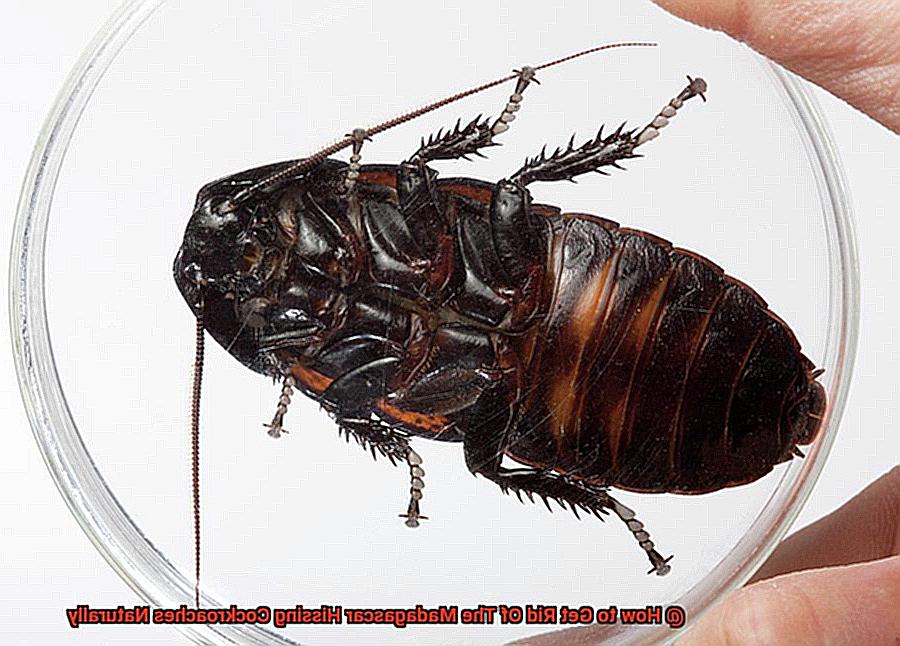
If you want to boost the effectiveness of DE, you can combine it with other natural remedies like boric acid or essential oils. For instance, peppermint oil has a strong scent that repels cockroaches, so adding a few drops to your DE mixture can create a powerful deterrent.
Tips for Using Essential Oils to Control Cockroaches
Traditional pesticides can be harmful to both humans and pets, but there’s a natural solution that’s just as effective: essential oils. These oils contain compounds that repel or even kill roaches, making them an excellent alternative for controlling infestations.
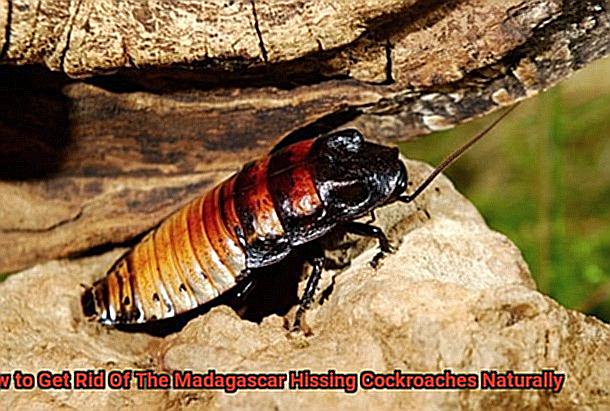
Peppermint oil is a popular essential oil for cockroach control because of its potent scent. It acts as a repellent, keeping roaches away from your home. Eucalyptus oil is another option that not only repels but also kills roaches upon contact. Meanwhile, lavender oil is effective in deterring roaches while creating a calming atmosphere in your home.
To use essential oils for roach control, dilute a few drops of the oil with water or carrier oil such as coconut or olive oil. Then, spray the mixture in areas where you’ve seen roaches or suspect they might be hiding, such as in cracks and crevices. You can also soak cotton balls in the oil and place them strategically around your home.
Diffusing essential oils is another great way to keep cockroaches away. Add a few drops to a diffuser or humidifier and let the scent spread throughout your home. Just make sure to use high-quality essential oils and follow the directions carefully to avoid any adverse reactions.
It’s important to note that while essential oils are generally safe for humans and pets, they can be toxic if ingested in large quantities. Be sure to keep essential oils out of reach and avoid spraying them on surfaces that pets or children may come into contact with. Additionally, some essential oils may not work for everyone or may cause allergic reactions in some individuals, so it’s important to test a small area before using them extensively.
In conclusion, using essential oils is a natural and effective way to control Madagascar hissing cockroaches. By using these oils in moderation and following safety precautions, you can successfully repel or eliminate roaches and enjoy a clean and pest-free home.
Benefits of Keeping a Clean Home for Preventing Infestations
These pesky insects thrive in dirty and cluttered environments, so maintaining a clean and organized living space can significantly reduce the likelihood of an infestation.
One of the most significant benefits of keeping a clean home is that it eliminates potential food sources for Madagascar hissing cockroaches. These pests are notorious for feeding on almost anything, including food scraps, crumbs, and even paper products. By regularly cleaning up after meals and disposing of waste properly, homeowners can eliminate these food sources and make their homes less attractive to these pests.
Another advantage of keeping a clean home is that it reduces hiding places for Madagascar hissing cockroaches. These pests prefer to hide in dark, cluttered areas such as behind appliances, under furniture, and in piles of clutter. By removing clutter and regularly cleaning these areas, homeowners can make it more challenging for cockroaches to find suitable hiding spots.
Moreover, regular cleaning helps homeowners identify potential entry points for Madagascar hissing cockroaches. These pests can enter homes through cracks, gaps in walls and foundations, open doors and windows. By regularly inspecting these areas and sealing any gaps or cracks, homeowners can prevent these pests from gaining access to their homes in the first place.
Lastly, keeping a clean home helps reduce the overall pest population in the area. By eliminating potential breeding sites and reducing the number of pests present in the home, homeowners can help prevent infestations from spreading to neighboring properties.
Keeping a clean home is essential for preventing infestations of Madagascar hissing cockroaches. By eliminating potential food sources, reducing hiding places, identifying entry points, and reducing the overall pest population, homeowners can take proactive steps to keep these pests out of their homes. So why wait?
Potential Drawbacks of Natural Methods for Controlling Cockroaches
While natural methods are often a safer and more eco-friendly option, it’s important to understand that they may not be as potent as chemical treatments.
One of the primary drawbacks of natural methods is that they may not provide an immediate solution. Unlike chemical treatments that can kill roaches on contact, natural methods may take some time to work. This means that you’ll need to be patient and consistent with your efforts to see results. But fear not. Consistency is key, and patience pays off in the end.
Another potential drawback is that natural methods may not completely eradicate a cockroach infestation. While they can help reduce the population and prevent future infestations, they may not be able to completely eliminate all of the roaches in an area. But hey, every little bit helps. Plus, reducing the population can make a big difference in keeping your home comfortable and clean.
Moreover, some natural methods require more upkeep and maintenance than chemical treatments. For example, regularly cleaning and sealing cracks and crevices in your home can help prevent roaches from entering, but this requires consistent effort on your part. However, this can also be a great opportunity to get organized and keep your home in tip-top shape.
It’s also important to note that some natural methods may not be safe for pets or children. Using diatomaceous earth, for instance, can be effective at killing roaches but should only be used in areas where pets and children won’t come into contact with it. Safety first.
To summarize, while natural methods for controlling cockroaches are generally safer and more eco-friendly, they may not be as potent as chemical treatments. It’s important to understand their potential drawbacks and limitations before deciding which method to use. Remember, a tidy home is like a fortress that repels invaders.
zhzCSFuNaO0″ >
Conclusion
In conclusion, banishing Madagascar hissing cockroaches naturally is a challenge that can be overcome with the right techniques and precautions. These hardy critters can survive without sustenance for extended periods, so it’s crucial to utilize effective natural remedies and maintain a tidy home environment.
Diatomaceous earth is an all-natural powder derived from fossilized algae that penetrates insect exoskeletons, causing dehydration and death. Essential oils like peppermint, eucalyptus, and tea tree oil contain insecticidal properties that repel and kill cockroaches. Additionally, keeping your home clean and free of clutter is essential in preventing infestations.
While natural methods may not be as potent as chemical treatments, they are generally safer and more eco-friendly. However, it’s important to recognize their limitations before deciding which method to use. Natural remedies may take longer to work or require more maintenance than chemical alternatives.

